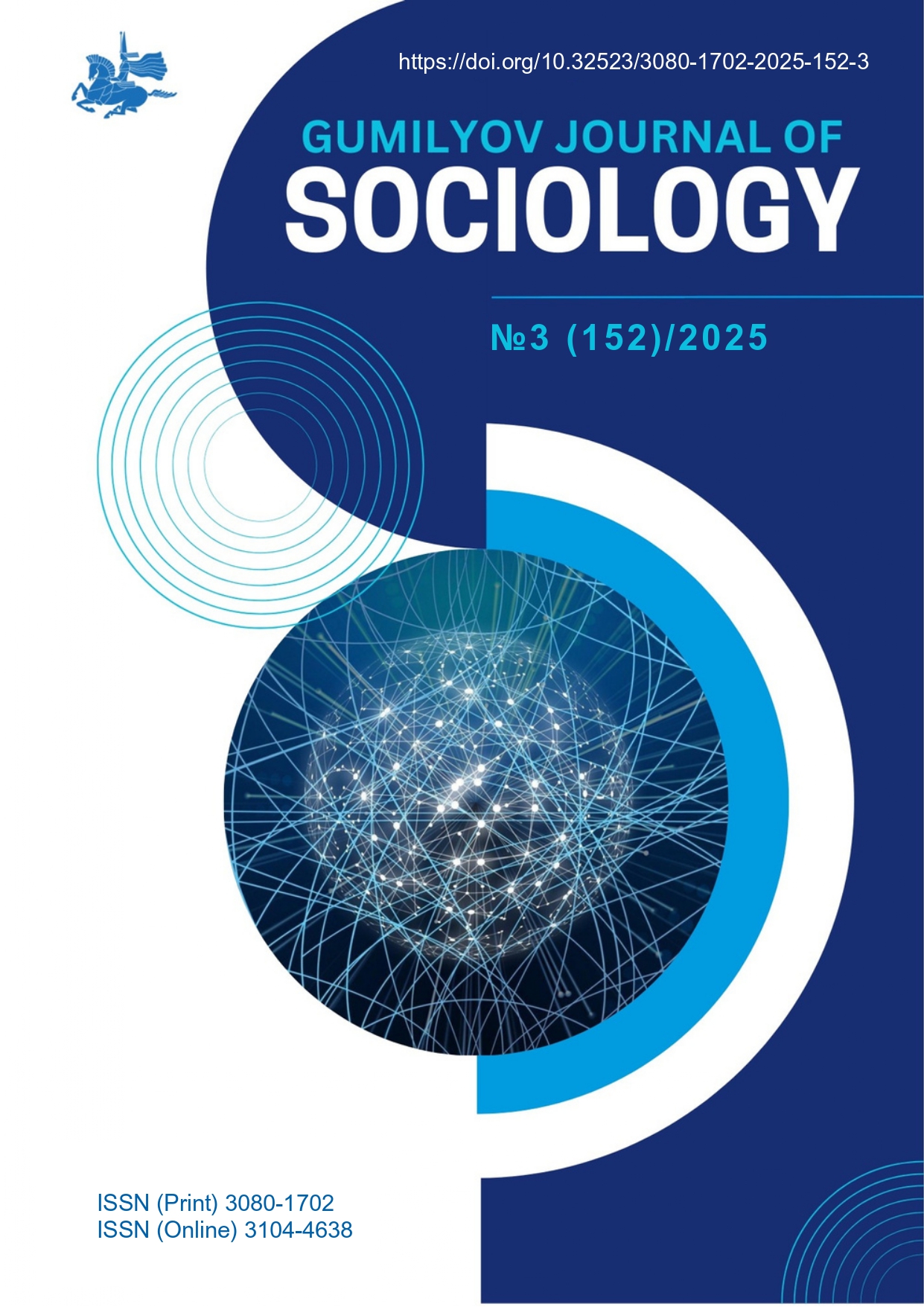INTEGRATED INTERNATIONAL EXPERIENCE OF STATE–NGO COLLABORATION IN REHABILITATION FROM DRUG DEPENDENCE: EVIDENCE AND RECOMMENDATIONS
DOI:
https://doi.org/10.32523/3080-1702-2025-152-3-102-112Keywords:
rehabilitation of drug addicts, reintegration, NGOs, cooperation between the state and civil society, international approachesAbstract
The article examines international practices in establishing mechanisms for interagency collaboration between government agencies and non-governmental organizations (NGOs) in the fields of drug rehabilitation and social reintegration. Drawing on experiences in the United States, Israel, and certain Western European countries, it analyzes a range of rehabilitation models, including the 12-step program, cognitive-behavioral treatment, religious programs, therapeutic communities, and substitution therapy projects. Specific attention is given to national policies facilitating reintegration into society, where provision of housing, labor, and family assistance is recognized as a key aspect for sustainable rehabilitation. The results of the research show that rehabilitation is effective if it is sustained by well-coordinated state-civil society alliances, medical, psychological, and social intervention integration, and long-term measures to restore personal abilities and social functioning. Based on these findings, the article makes some suggestions for Kazakhstan, for example, the development of a national rehabilitation system, increased active engagement by NGOs, and the creation of instruments for monitoring outcomes. In general, the research enriches our understanding of how cross-sectoral collaboration can enhance the effectiveness and sustainability of rehabilitation in different socio-political environments.








